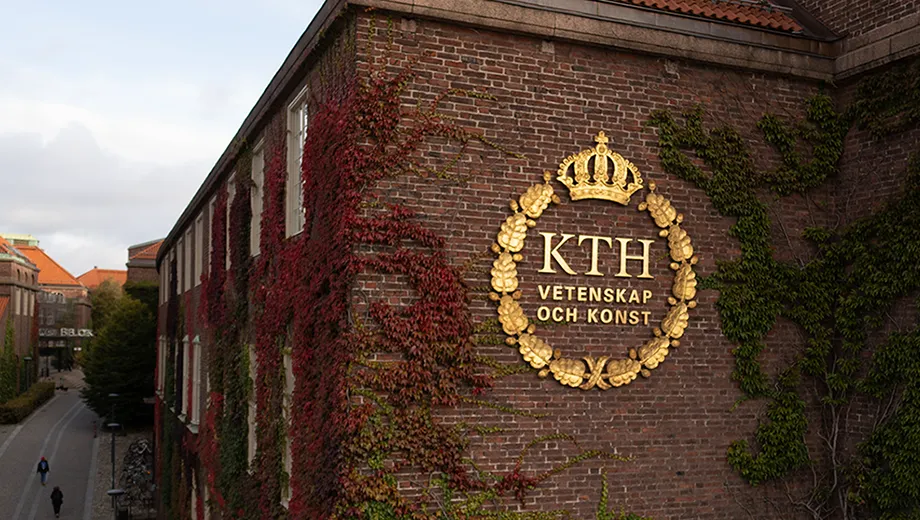Shervin Bagheri – Biofilm morphology and growth in flows
Giuseppe Belgioioso – Autonomous peer-to-peer energy trading: scalability, robustness and fairness
György Dán – Robust Multi-agent Reinforcement Learning in Adversarial Environments
Elena Dubrova – Fault attacks on post-quantum cryptographic algorithms
Gabor Fodor – WIPER: Distributed integrated sensing and communication for perception networks
Roberto Guanciale – muVerif: Thorough security analysis of computer microarchitecture
Joakim Gustafson – Personal voices: Adaptable speech synthesis for people with speech difficulties
Pawel Herman – Continuous learning in generative brain-like neural networks – a step towards adaptive neuromorphic intelligence
Håkan Hjalmarsson – Managing system complexity in data-driven decision-making systems
Ian Hoffecker – DNA-based chemical neural networks
Noémie Jaquier – Manipulation of deformable objects on Riemannian manifolds
Klaus Kröncke – Positive mass and stability for asymptotically hyperbolic manifolds
Zibo Liu – SMILE: Soundscape design with metamaterial innovation and learning
Helena Lundberg – Electrochemically driven lanthanide catalysis for reductive activation of organic compounds
Inger Odnevall – New molecular understanding of bacteria-metal-bacteria interactions and biofilm formation on advanced metal alloys in contact with humans (BacMeBac)
Panagiotis Papadimitratos – Reliable global navigation satellite system (GNSS)-based services
Mark Pearce – X-ray polarimetry – seeing compact celestial objects in a new light
Florian Pokorny – GroundTruth: Towards transparent evidence-based analysis and bootstrapping of robot manipulation skills with foundation models
Lisa Prahl Wittberg – Better indicators for reduced risk of clotting in medical components
Oscar Quevedo-Teruel – Low-diffractive geodesic horn antennas for near-field focusing (LOGHAN)
Svetlana Ratynskaia – Explosive events driven by runaway electron deposition in components facing plasma
Niclas Roxhed – Local delivery of biological drugs to the intestine through artificial Velcro
Romain Rumpler – ARTEMIS: physics-driven inverse modelling of tunable engineered materials for sub-wavelength control of sound and vibration
Aman Russom – NanoSort: AI-driven microfluidic systems for exosome-based cancer diagnostics
David Rydh – Beyond good module rooms
Pelin Sahlén – Advancing Chromatin Interaction Mapping: Complex Promoter-Enhancer Contacts and Spatial cis-Interactomics
Henrik Shahgholian – Restriction maps and their properties
Kian Shaker – Open intelligent technology for sustainable lung X-rays
Göran Stemme – Nanopores for Multimodal Biomolecular Sensing
Daniel Söderberg – Controllable nanofibrillar systems for controlled transport and diffusion
Outi Tammisola – Control of elasto-inertial turbulence
Wouter van der Wijngaart – Ultralight silk-based light sails for spacecraft
Jerker Widengren – Fluorescence-based imaging and flow measurements of transient molecular interactions in cells and vesicles
Weihong Yang – Electrically heated 3D-printed catalysts for CO₂-to-solid carbon conversion via a two-step thermochemical process
Elias Zea – Dispersive boostlets: Dispersion-aware basis functions for multiscale wave propagation in space-time
Björn Önfelt – Workflow for evaluating immune responses at the single-cell level

